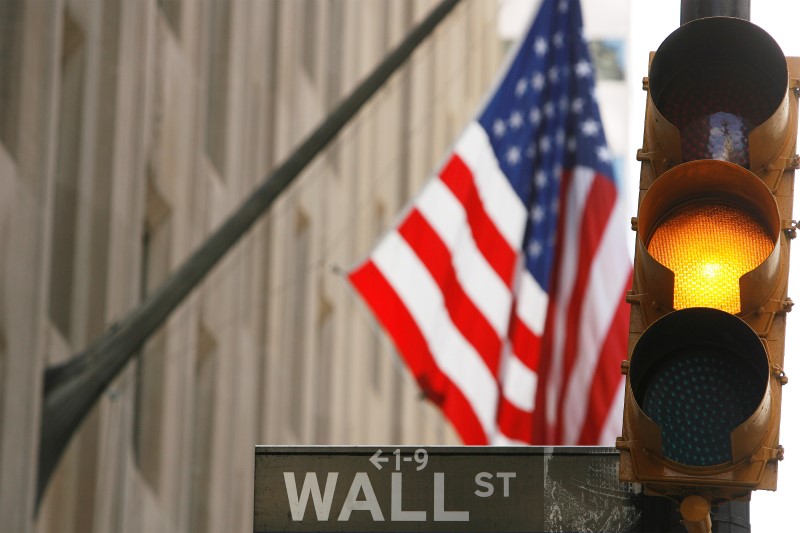Is this U.S.-China selloff a buy? A top Wall Street voice weighs in
Investing.com - Demand for U.S. investment-grade credit is likely to "do well" against the current macroeconomic backdrop, according to analysts at UBS.
In a note to clients, the analysts led by Matthew Mish argued that future potential Federal Reserve interest rate cuts and a steeper yield curve "should incentivize more allocation out of cash."
Above-average yields and high U.S. equity volatility are also seen pushing "clients towards more diversified, lower volatility U.S. fixed income income products."
"U.S. credit exceptionalism is not over," the analysts said, referring to a belief among some investors and businesses that the U.S. is distinctive or exemplary compared to other countries.
Still, they flagged that the recent outperformance of some overseas equity markets could raise competition for inflows into U.S. credit.
The comments come as U.S. President Donald Trump is expected to reveal a fresh batch of tariffs at a White House Rose Garden event at 16:00 ET (20:00 GMT) on Wednesday, which some believe could upend the longstanding rules-based international trade order and escalate global trade tensions.
A White House spokesperson has said the duties would come into effect immediately after Trump unveils them, followed by new 25% tariffs on cars -- which were announced last week -- on April 3. The levies would stack on top of previous trade taxes placed on steel and aluminum and on Chinese goods.
Many of the details of the pronouncements remain largely unknown, with Trump administration officials working to finalize the tariff plans, Reuters has reported.
A separate report from the Washington Post said Trump was considering imposing duties on roughly 20% of imports coming into the country, while CNBC reported that Treasury Secretary Scott Bessent told lawmakers that the president will impose the highest possible reciprocal tariffs on major trading partners.
Trump has made tariffs a centerpiece of his second term in office, arguing that these moves are necessary to correct trade imbalances, lift government revenues, and reshore lost manufacturing jobs. Trump has previously backed so-called "reciprocal" tariffs that would match foreign charges and non-trade barriers on U.S. exports.
However, many economists have warned the actions could push inflation higher and weigh on growth, potentially sending the U.S. economy into a recession.
